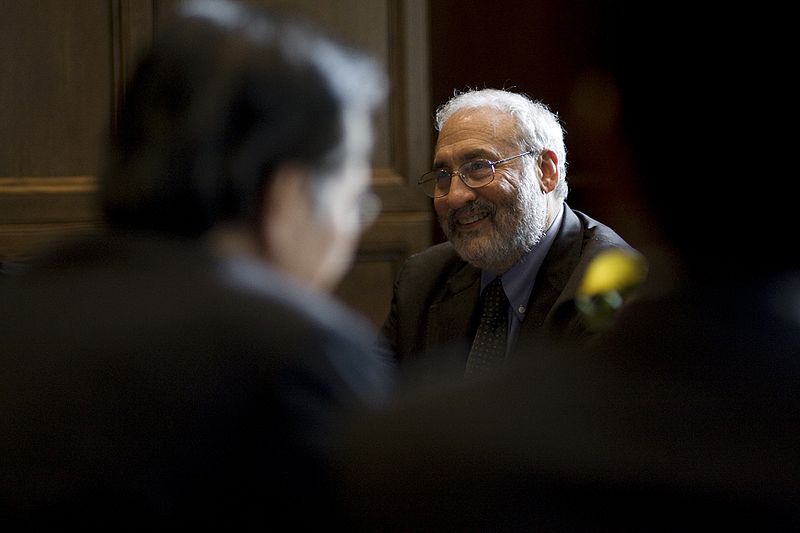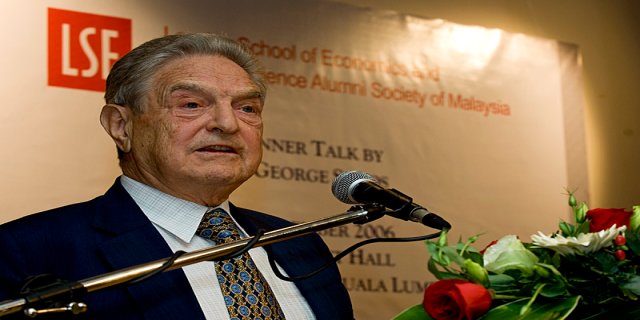Leif Pagrotsky weighs in on two economic titans.
Pagrotsky: I have deep respect for George Soros. He bets his own money, and he takes responsibility for what he’s doing, and if he loses, he loses himself, and if he wins, he wins himself, and he uses the money in a way that I approve of. We have [cooperated] in the past on projects in Eastern Europe, and I have deep respect for his commitment. A few days ago, we shared a panel at Columbia University, discussing the consequences of globalization. He is an American capitalist, a very rich person. He lives in the market, literally, everyday, whereas I’m a Social Democrat. When I outlined my view of globalization, he called me a market fundamentalist. I think that was very amusing. Swedish Social Democracy, by welcoming globalization, by opening its border to foreign trade, to imports, by supporting flexibility on structural change in the economy, it’s considered to be a market fundamentalist by George Soros. I think that was very amusing. In many areas, Joe Stiglitz and I share the same views. In some areas, we don’t, and some areas he has views that I’m not well informed enough to have an opinion of my own, but I feel that when I want to take a stand on a new issue that I haven’t carefully thought through, I don’t feel that my analysis is fully complete before I’ve consulted Prof. Stiglitz. I think he is very, very smart. He follows economic policy debate and theoretical debate in a way that he can bridge the bridge the perspectives that is very unusual. He is more skeptical to globalization than I am. He focuses very, very much on risks and problems, and I, perhaps because I come from a small country that is dependent upon the rest of the world, I focus more on what we can do to be beneficiaries, to make it work for us, and that may be one of the main differences. But we also cooperated. We have written articles together in the past, in the Financial Times, on financial regulations, for instance, and on the use of offshore financial centers, how that has caused problems for us in various respects, and I am… I don’t want to exaggerate our differences, but I’m deeply impressed by his command of theory and practice at the same time. That is very unusual.




